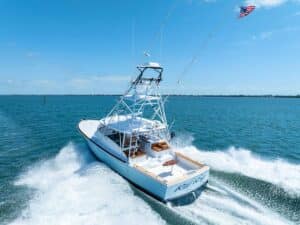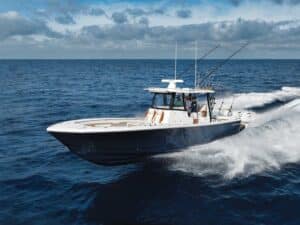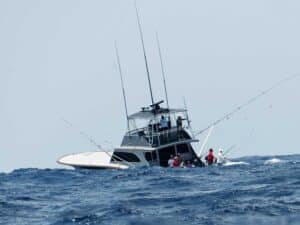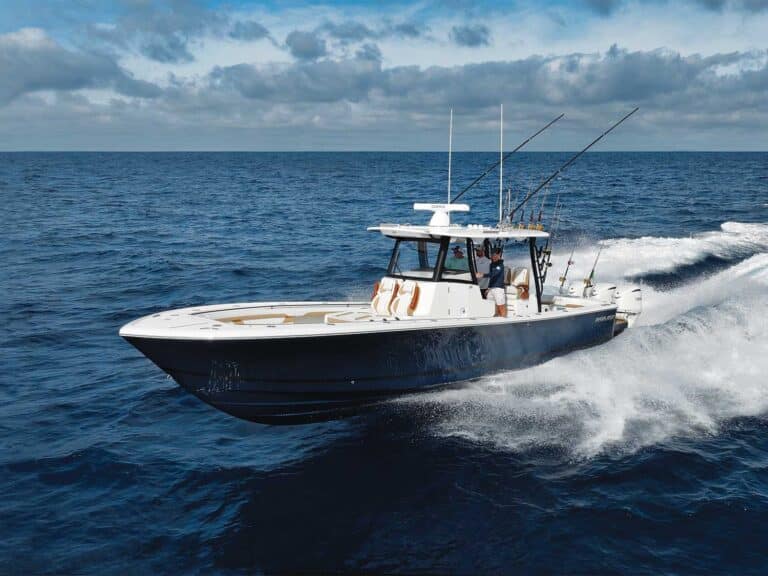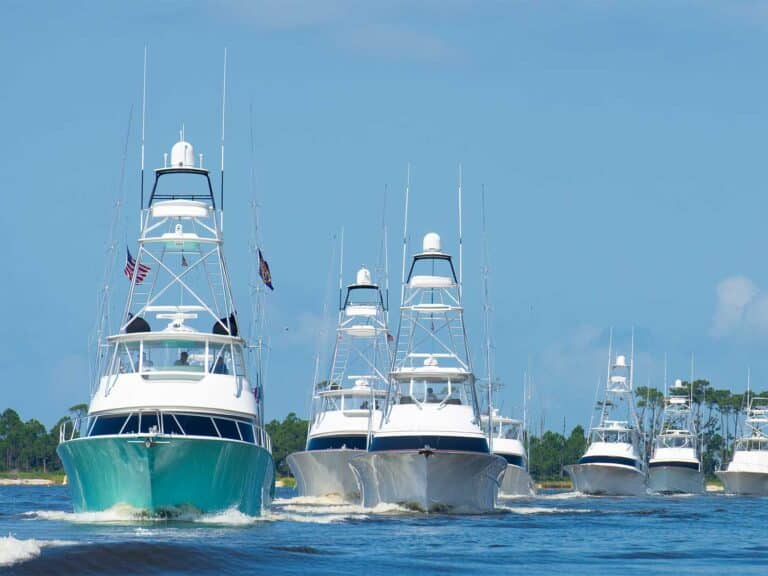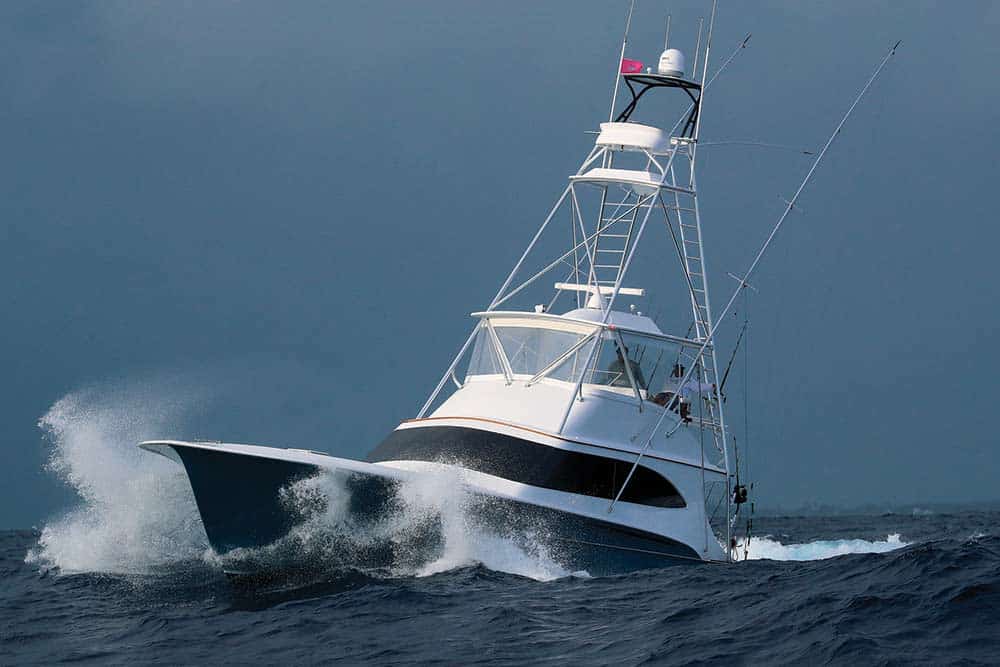
The summer months bring fishing fun, but it also means hurricane season is upon us. Captains and owners often have a difficult decision as to whether they should haul out their vessel due to an approaching hurricane or choose to ride out the storm in their permanent slip. In some instances, hauling out simply might not be possible due to a variety of factors. There is a common belief that marinas can force a boat to leave its slip due to an approaching storm, but that is not always the case.
Dockage Agreements
Many dockage agreements contain hurricane removal clauses. Such clauses may state that an owner must remove his vessel upon the issuance of a tropical storm or hurricane watch in its area. Other language may state that the marina has the authority to secure or remove the vessel in order to protect the marina property, private property and the environment. Whether such clauses are enforceable depends on the exact language in the agreement and the state in which the marina is located.
For example, Florida passed a statute after Hurricane Andrew that states that marinas may not adopt, maintain or enforce policies requiring vessels to be removed from marinas following the issuance of a hurricane watch or warning. The statute was passed to ensure protecting the lives and safety of vessel owners is placed before the interests of protecting property.
However, the statute has another section, which states that a written contract can specifically allow the marina owner, operators, employees or agents to remove or properly secure a vessel if an owner fails to promptly remove it after a tropical storm or hurricane watch has been issued, assuming such actions are deemed reasonably necessary to minimize damage. The marina can also charge the vessel owner a reasonable fee for any services rendered while preparing for a storm.
Exculpatory Language
Regardless of the relevant law or the language in a dockage agreement, marinas are oftentimes hesitant to touch an owner’s boat since they can be held responsible for damage caused by their personnel’s negligent acts. To combat this, dockage agreements usually contain exculpatory language, which shifts liability away from the marina. For example, under most exculpatory clauses, the vessel owner agrees to release and waive any and all claims against the marina, even if caused in whole or part by the marina’s own negligence. In most states, such clauses are strictly construed against the marina and will only be enforceable if, among other requirements, they are clear and unequivocal.
Unlike Florida, many states are unlikely to have statutes directly addressing removal of vessels due to an impending hurricane, so it becomes even more important to closely read your agreement since its terms will likely govern in the event of an accident. In the absence of a contract, it would probably be difficult for a marina to force or require removal of a vessel. However, an owner can still be responsible for damage to marina property and other boats, so it is important to take all steps necessary to ensure a vessel is properly secured.
“There are often scenarios in which relocating a boat simply isn’t possible.”
Know Your Insurance Policy
Owners should also be mindful of the language in their marine insurance policy. It might be helpful to contact your insurance agent to avoid any actions that might void the policy. Failure to have a clear understanding of a policy can be a costly mistake. For example, many policies require a written hurricane plan. Failure to follow such a plan may result in denial of coverage in the event damage is sustained during a tropical storm or hurricane.
Learn about maintenance and cure for professional crews
Of course, I believe owners should do everything in their power to move their vessels to the safest location possible as a storm approaches. However, there are often scenarios in which relocating a boat simply isn’t possible. As a result, it is important for all vessel owners to have a general understanding of their rights, responsibilities and the laws in their relevant jurisdiction.
Raleigh P. Watson is a contributing author, and a Partner at Miller Watson Maritime Attorneys.
